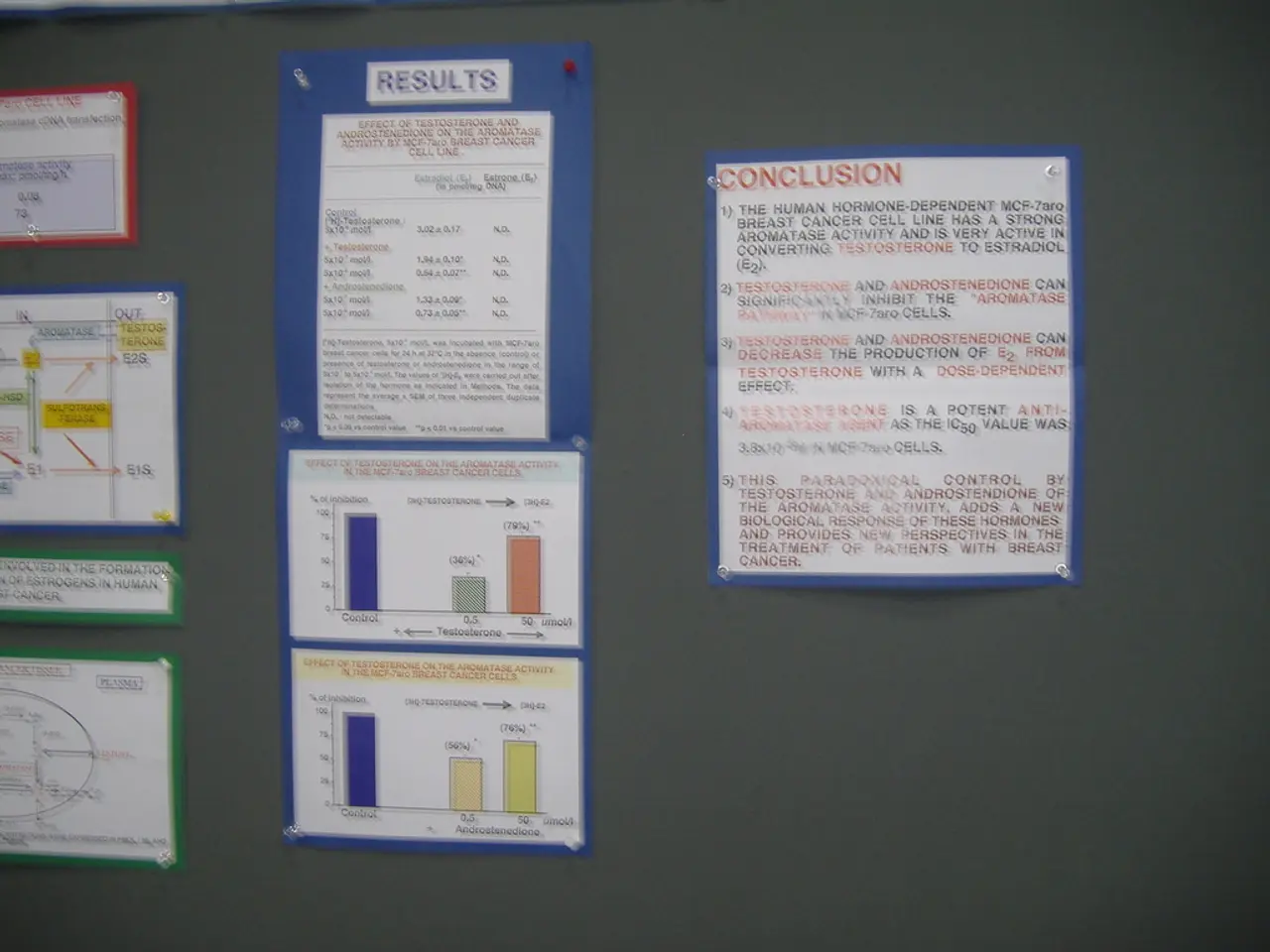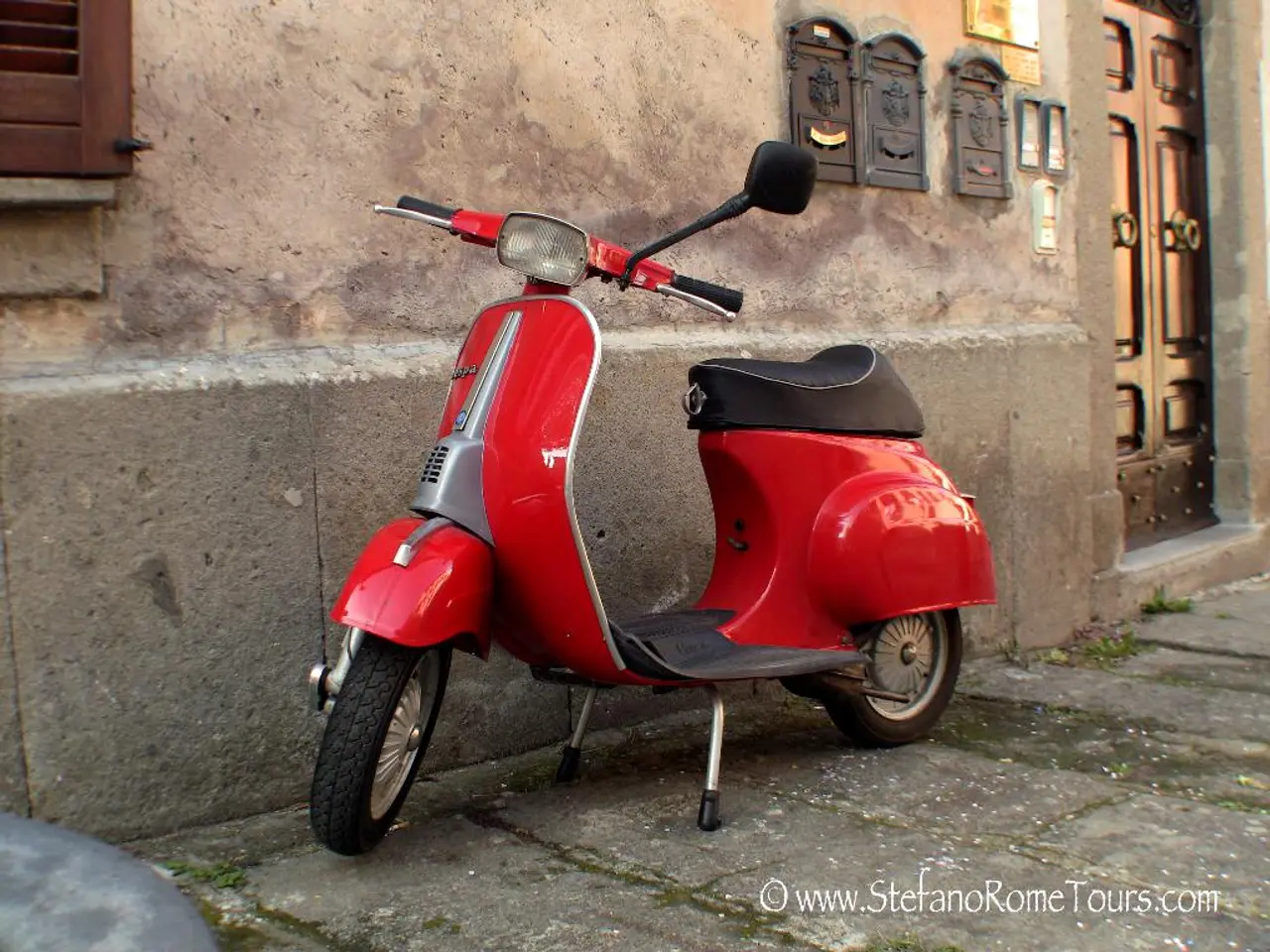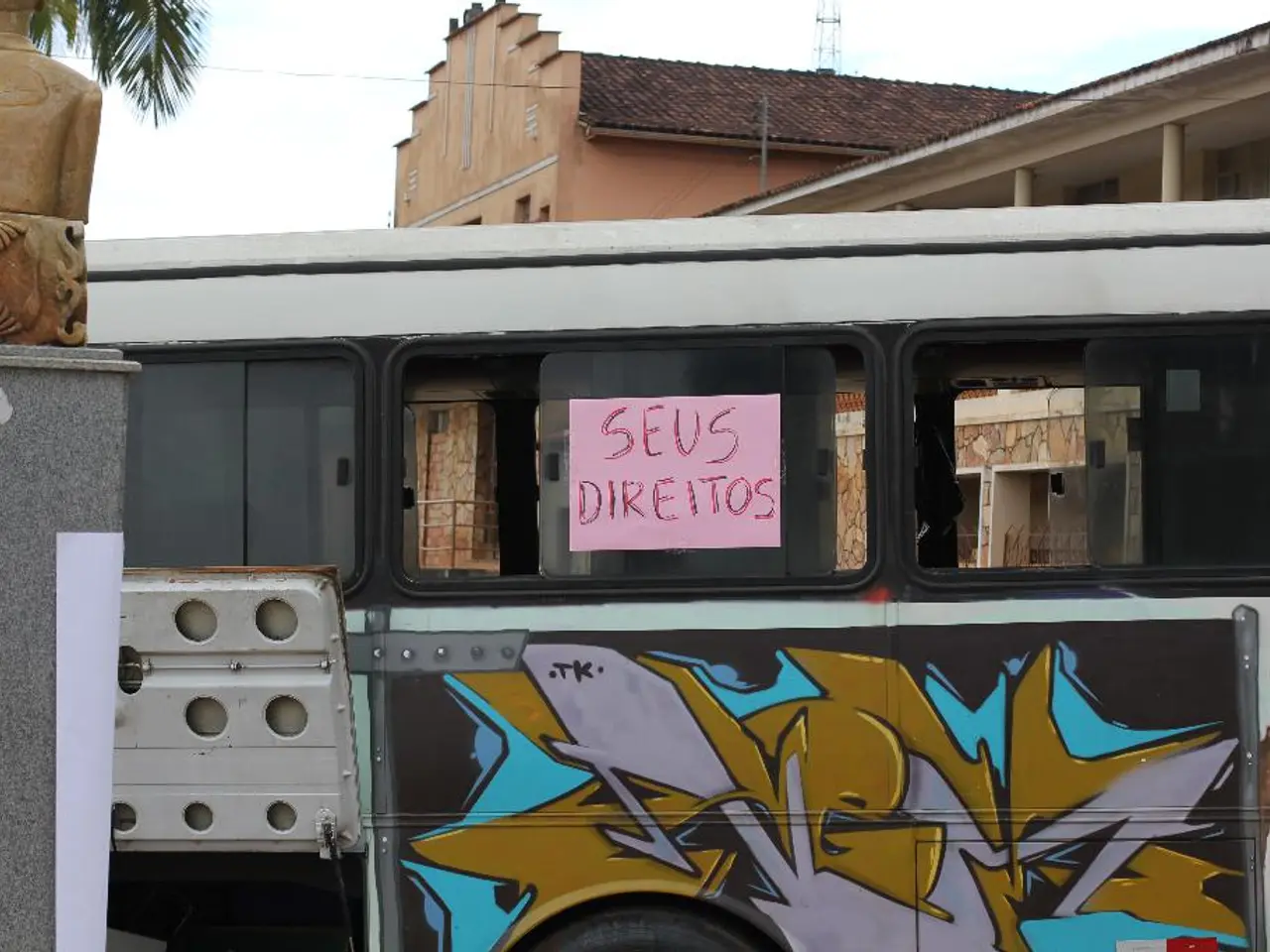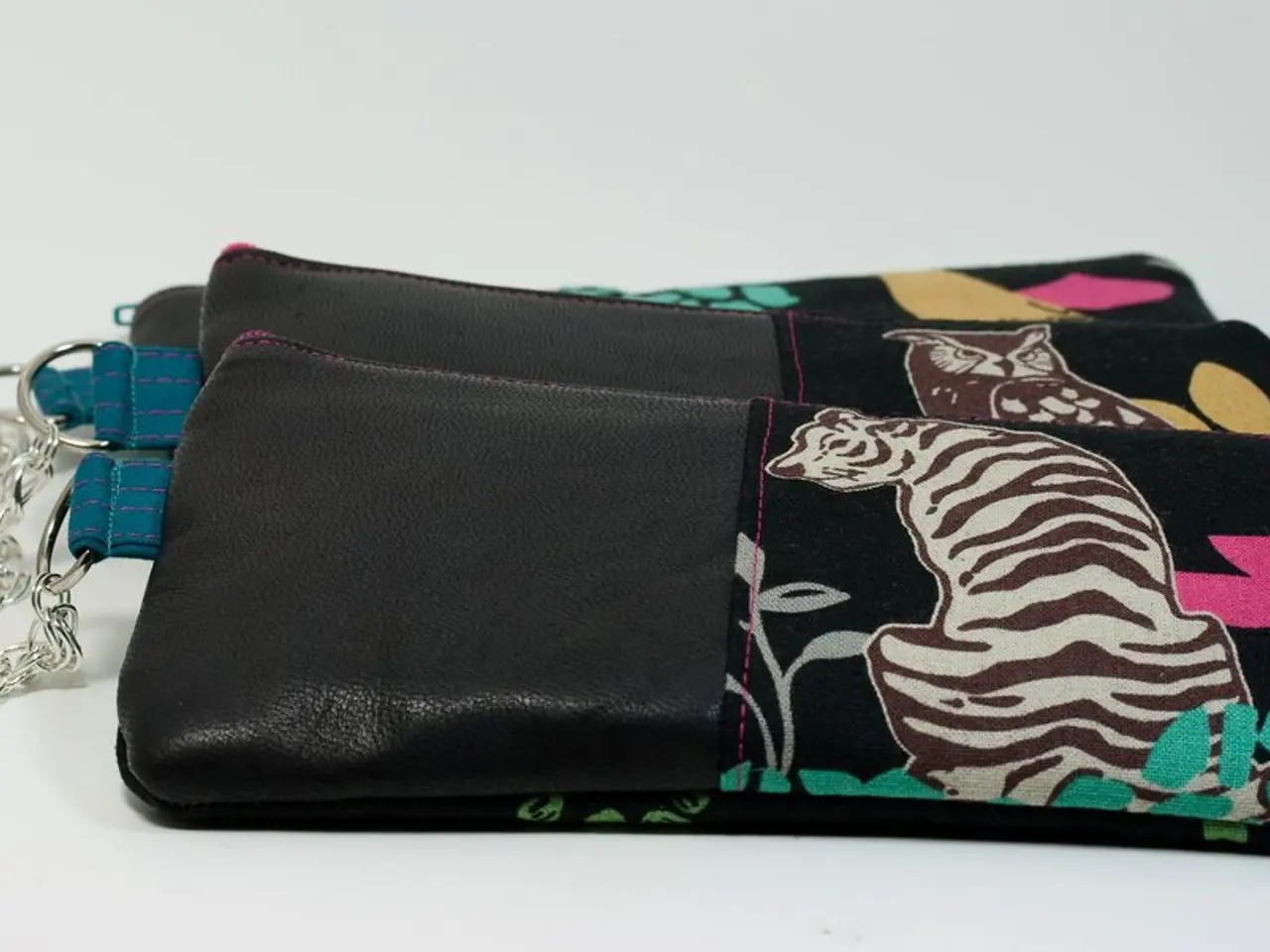Turkey underscores the strategic significance of the Middle Corridor at the United Nations summit for landlocked countries.
Turkey Emphasizes Middle Corridor's Role in Empowering Landlocked Developing Countries
At the Third United Nations Conference on Landlocked Developing Countries (LLDCs) in Turkmenistan, Turkey's Minister of Transport and Infrastructure, Abdulkadir Uraloglu, underscored the strategic importance of the Middle Corridor in supporting sustainable development for these nations.
The Middle Corridor, a reliable, fast, and secure transport route connecting China to Europe through Central Asia and the Caucasus, offers a significant solution to the geographic disadvantages faced by LLDCs, which lack direct sea access. This multimodal transport solution fosters economic opportunities and export competitiveness.
Uraloglu emphasized that effective use of this corridor significantly contributes to sustainable development efforts by improving access to global markets, reducing trade costs, and enhancing economic integration. By doing so, the Middle Corridor transforms geographic constraints into economic opportunities.
The corridor fosters regional cooperation and integration, turning landlocked countries into land-linked ones. This integration encourages peace and economic interdependence, making conflict less attractive and promoting stability—a prerequisite for sustainable development.
Moreover, the route bypasses geopolitical and security risks, ensuring uninterrupted trade flows and enhancing reliability and political security for transport. This is crucial for nations like those in the LLDC category, half of which also fall under the Least Developed Countries (LDC) category.
Uraloglu highlighted Turkey's strategic position at the crossroads of Asia, Europe, and Africa, as well as its developed infrastructure and commitment to global connectivity. The country plays a transit role in cargo movements between Central Asia and the Americas, further emphasizing its importance in global trade.
The Middle Corridor aligns with broader UN strategies to boost LLDC trade competitiveness by reducing transport times and costs through regional infrastructure investment, digital transformation, and trade facilitation. This enables these countries to diversify their economies and improve global integration.
Turkey values multilateral action and acknowledges the United Nations' central role in ensuring international cooperation and coordination. Uraloglu encouraged these countries to utilize the services and projects of the Technology Bank, hosted in Gebze, Turkey, which supports LDCs in their economic transformation and innovation goals. The Technology Bank marks the first realized sub-target of the 2030 Sustainable Development Agenda.
Simplifying customs processes and strengthening cross-border cooperation, as suggested by Uraloglu, would further enhance trade volumes. Turkey is ready to develop similar arrangements with other landlocked developing countries, further solidifying its commitment to global connectivity and sustainable development.
- Turkey, highlighted by Minister Uraloglu, stresses the Middle Corridor's role in empowering landlocked developing countries (LLDCs) within the United Nations Conference on LLDCs in Turkmenistan.
- The Middle Corridor, connecting China to Europe via Central Asia and the Caucasus, is a multimodal transport solution that offers significant economic opportunities and export competitiveness to LLDCs.
- Policy and legislation, such as simplifying customs processes and strengthening cross-border cooperation, as proposed by Uraloglu, could further enhance trade volumes in the Middle Corridor and other landlocked developing countries.
- Turkey, with its strategic position at the crossroads of Asia, Europe, and Africa, and its commitment to global connectivity, is ready to develop arrangements with other landlocked developing countries to solidify its commitment to sustainable development and global integration.




